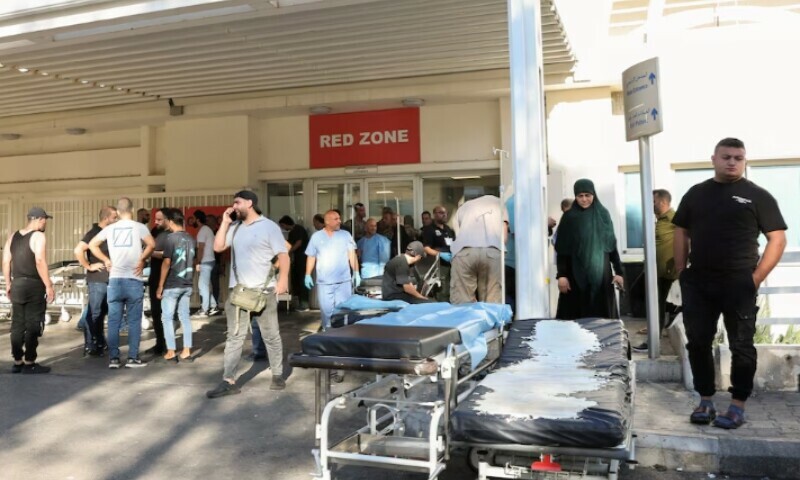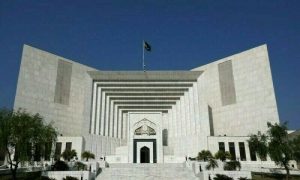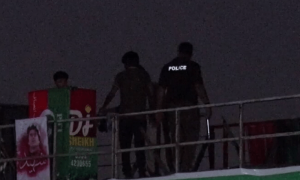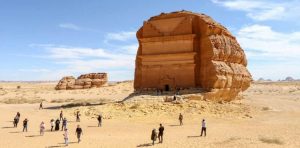

Lebanese Health Minister Firass Abiad said eight people were killed and some 2,750 wounded in pager explosions across the country on Tuesday, with Hezbollah earlier saying the pagers were used by its members.
The blasts “killed eight people, including a girl”, he told a televised press conference. “About 2,750 people were injured … more than 200 of them critically” with injuries mostly reported to the face, hands and stomach, he added.
Hezbollah fighters, medics and Iran’s envoy to Beirut were wounded when the pagers they use to communicate exploded across Lebanon, security sources told Reuters.
A Hezbollah official, speaking on condition of anonymity, said the detonation of the pagers was the “biggest security breach” the group had been subjected to in nearly a year of conflict with Israel.
Israel and the Iran-backed Hezbollah have been engaged in cross-border warfare in parallel with the Gaza conflict which erupted last October, the worst such escalation in years.
The Israeli military declined to comment on Reuters enquiries about the detonations.
Hezbollah confirmed in a statement the deaths of at least three people, including two of its fighters. The third person killed was a girl, it said, adding that an investigation was being conducted into the causes of the blasts.
One of the fighters killed was the son of a Hezbollah member of the Lebanese parliament, two security sources told Reuters.
Iran’s ambassador to Lebanon, Mojtaba Amani, suffered a minor injury when a pager exploded, Iran’s semi-official Fars news agency reported.
“Amani has a superficial injury and is currently under observation in a hospital,” Fars quoted a source as saying.
Reuters could not immediately confirm the report.
The pagers that detonated were the latest model brought in by Hezbollah in recent months, three security sources said.
A Reuters journalist saw ambulances rushing through the southern suburbs of the capital Beirut, a Hezbollah stronghold, amid widespread panic. A security source said that devices were also exploding in the south of Lebanon.
Screaming in pain
At Mt. Lebanon hospital, a Reuters reporter saw motorcycles rushing to the emergency room, where people with their hands bloodied were screaming in pain.
The head of the Nabatieh public hospital in the south of the country, Hassan Wazni, told Reuters that around 40 wounded people were being treated at his facility. The wounds included injuries to the face, eyes and limbs.
The wave of explosions lasted around an hour after the initial detonations, which took place about 3:45pm local time (1345 GMT). It was not immediately clear how the devices were detonated.
Lebanese internal security forces said several wireless communication devices were detonated across Lebanon, especially in Beirut’s southern suburbs, leading to injuries.
Groups of people huddled at the entrance of buildings to check on people they knew who may have been wounded, the Reuters journalist said.
Regional broadcasters carried CCTV footage which showed what appeared to be a small handheld device placed next to a grocery store cashier where an individual was paying spontaneously exploding.
In other footage, an explosion knocked out someone standing at a fruit stand in a market area.
Lebanon’s crisis operations centre, which is run by the health ministry, asked all medical workers to head to their respective hospitals to help cope with the massive numbers of wounded coming in for urgent care.
It said healthcare workers should not use pagers.
The Lebanese Red Cross said more than 50 ambulances and 300 emergency medical staff were dispatched to help in the evacuation of victims.
Hezbollah fired missiles at Israel immediately after the October 7 attacks by Hamas gunmen on Israel that triggered the Gaza conflict. Hezbollah and Israel have been exchanging fire constantly ever since while avoiding a major escalation.
Tens of thousands of people have been displaced from towns and villages on both sides of the border by the hostilities while over 41,000 Palestinians have been killed.







